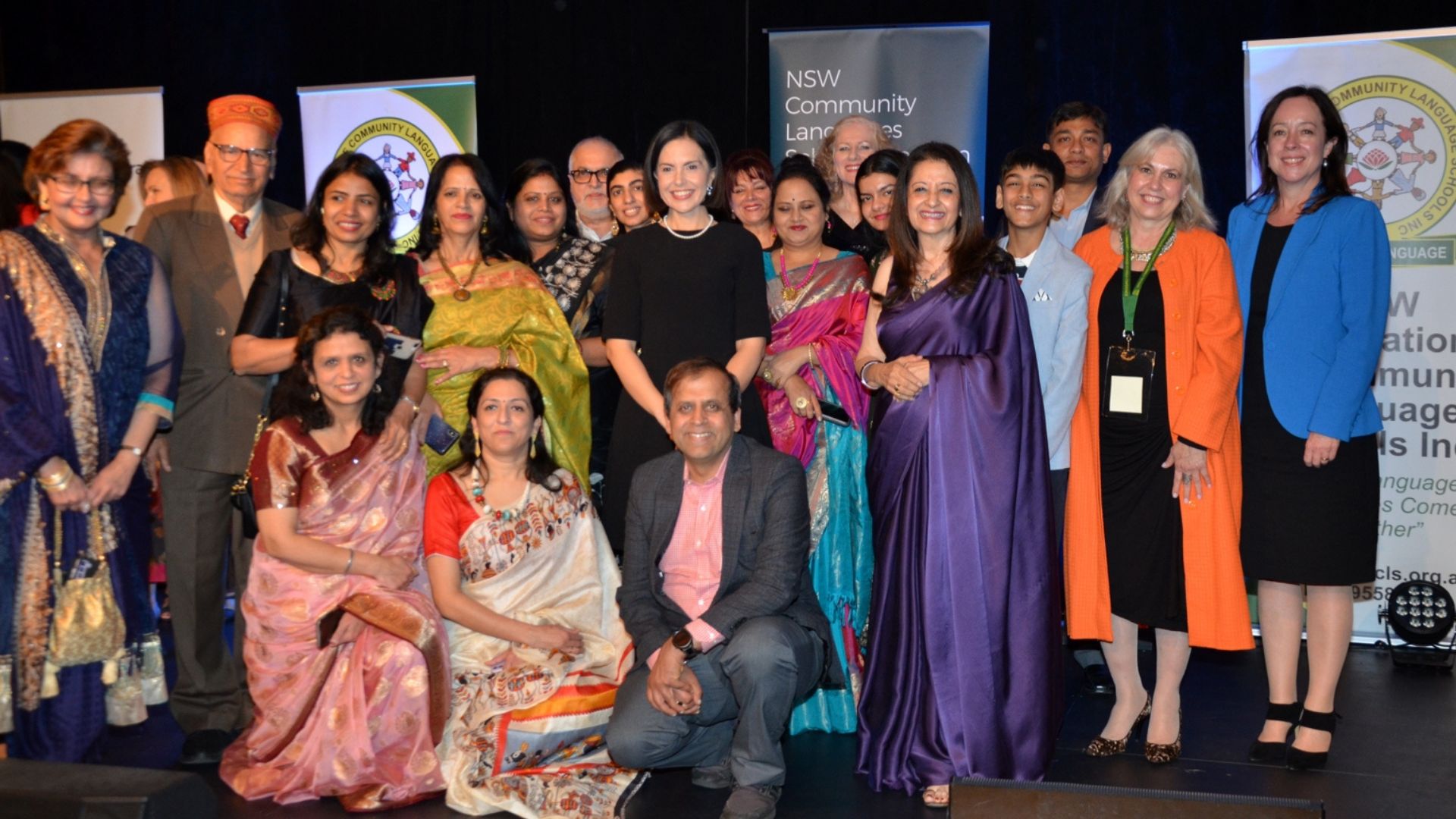The NSW Premier Chris Minns has told the annual dinner of the NSW Federation of Community Language Schools that one third of the state’s school students have family ties to a language other than English.
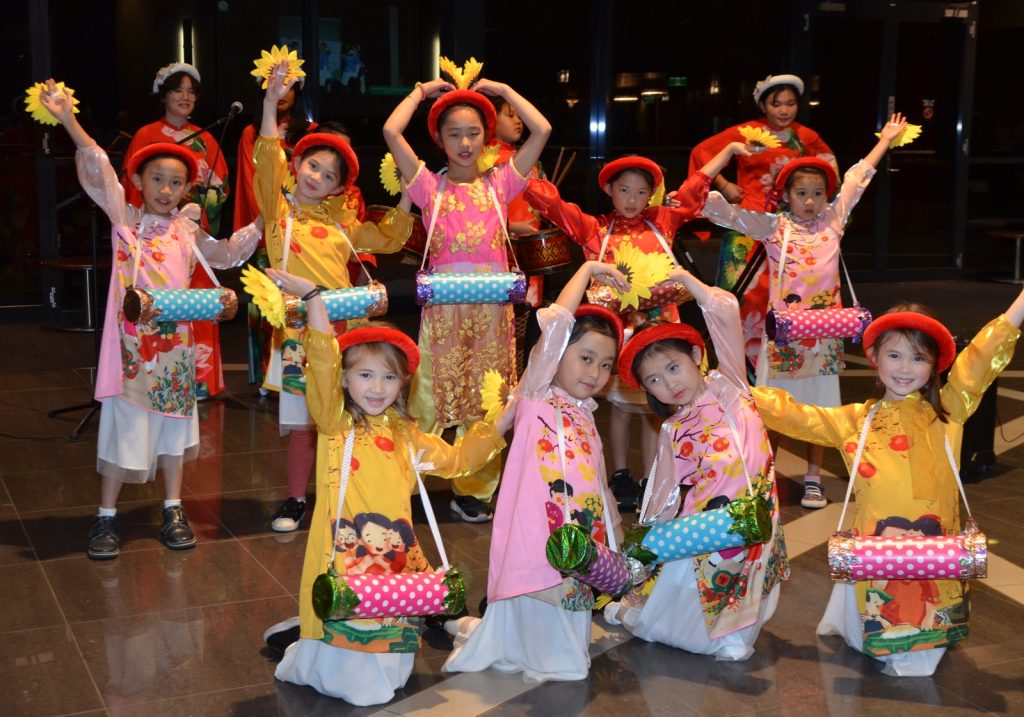
“It is a tremendous asset for our economy in a globalised world,” Mr Minns said. “We want to make it easier and more affordable for every child who wants to learn a language to do so.
“Community language schools are the bridge that connects children with their heritage and with the culture of their families.”
Meanwhile, the Deputy Premier and Minister for Education Prue Car also congratulated the Federation on the 45th anniversary of co-ordinating the teaching of community languages in the state.
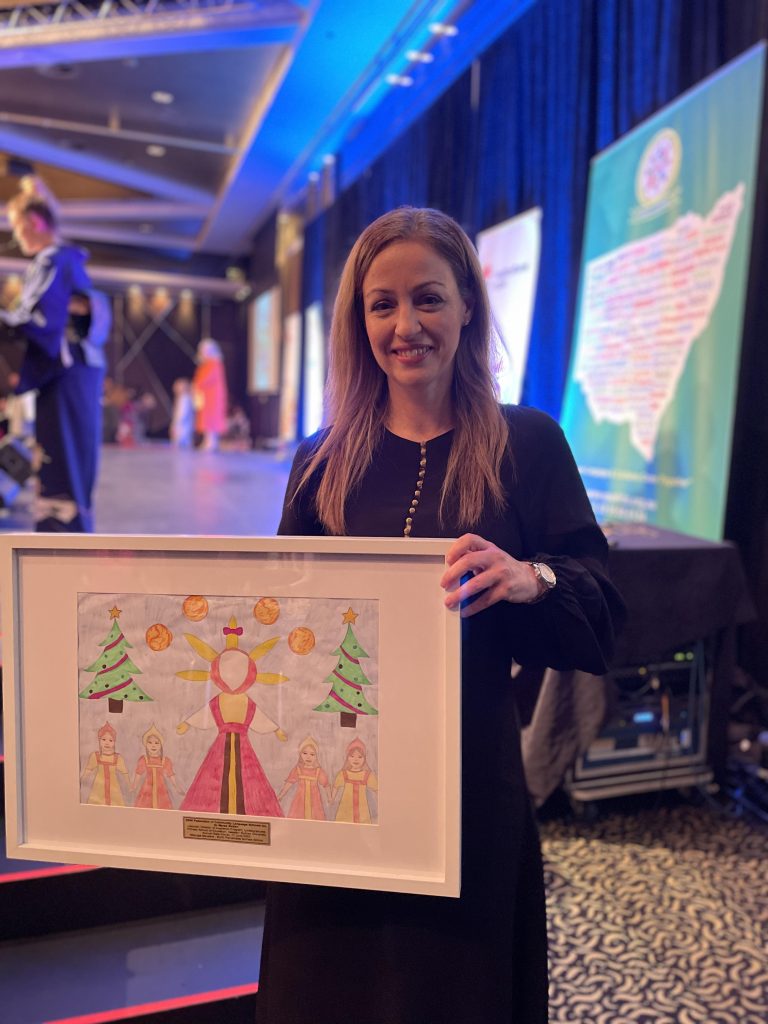
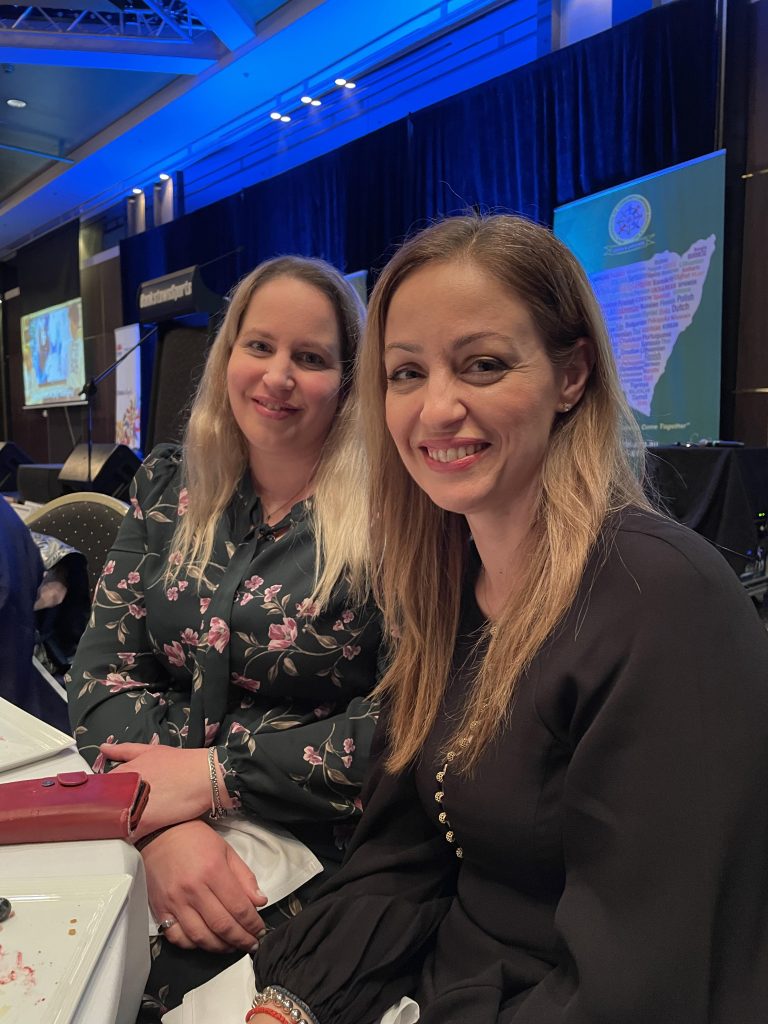
“For generations, they have helped build social cohesion in one of the most culturally diverse states in the world where more than 270 languages are spoken,” the Minister said.
“It is our responsibility now to cherish and preserve this linguistic wealth for generations to come.
“The Minns Government recognises the value in maintaining a child’s second language and is committed to providing more funding to the Community Languages Schools Program.
“There are currently 72 languages taught in schools like yours, in 565 locations, to more than 33,000 students.”
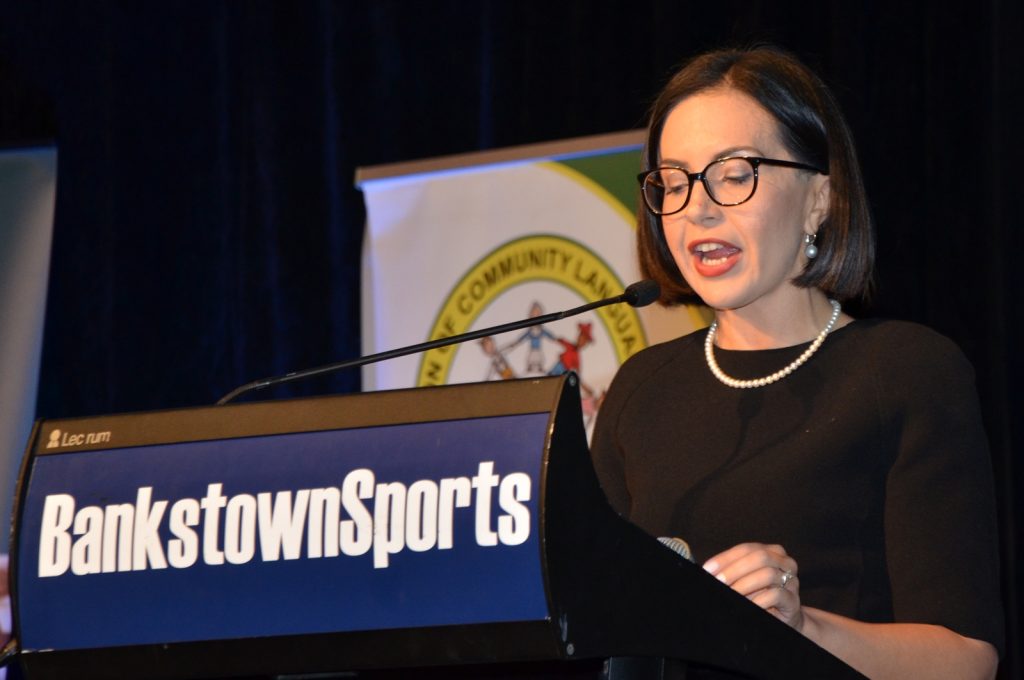
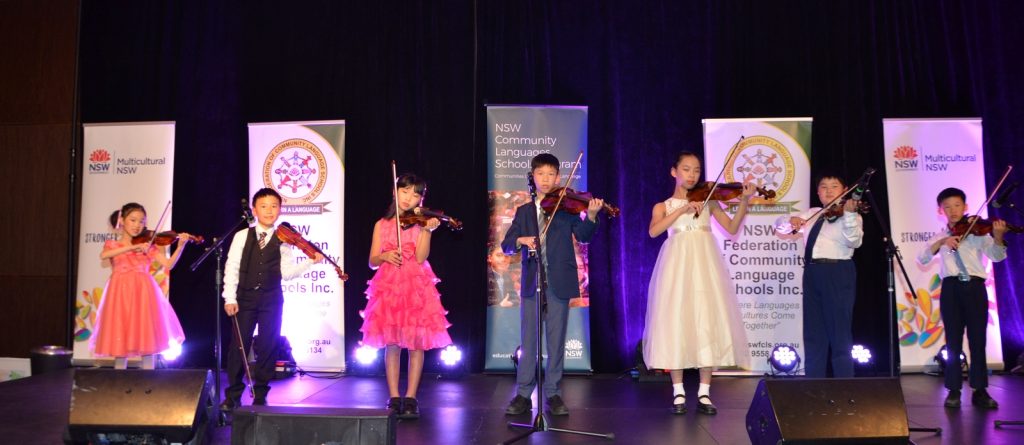
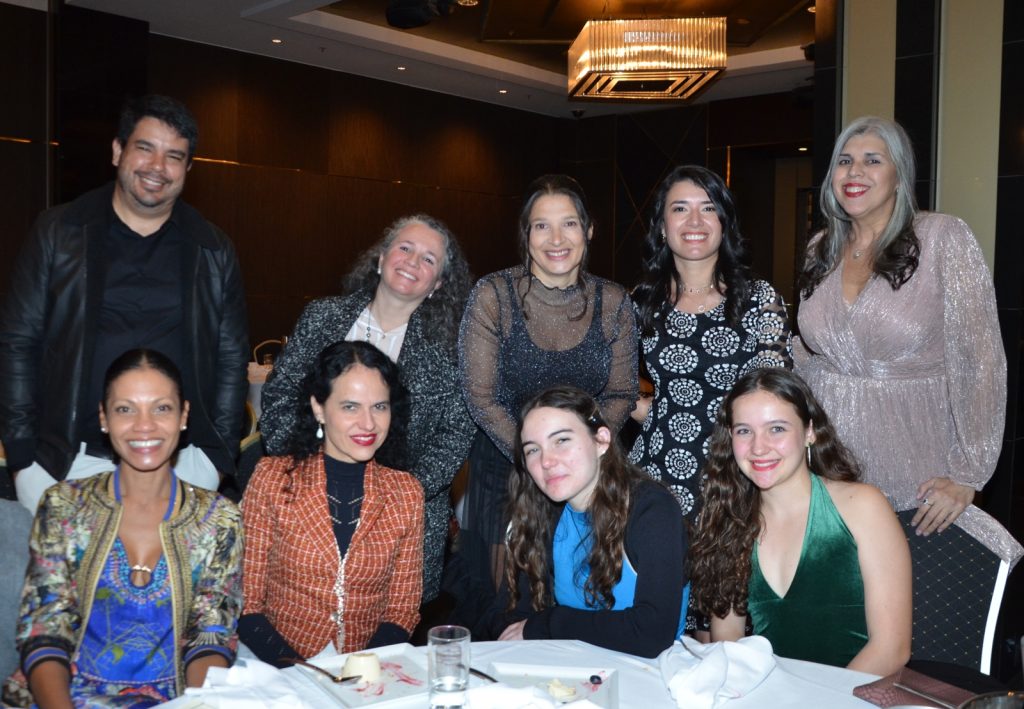
The work of the Federation was also supported in speeches by the Leader of the Opposition, Mark Speakman, the Secretary of the Department of Education, Murat Dizdar, the Chief Executive Officer of Multicultural NSW, Joseph La Posta, the Shadow Minister for Multiculturalism, Mark Coure, and the CEO of the Federation, Michael Christodoulou, among many others.
The President of the Federation, Lucia Johns, told the dinner guests: “At the Federation, our focus is on the children growing up in Australia as Australians.”
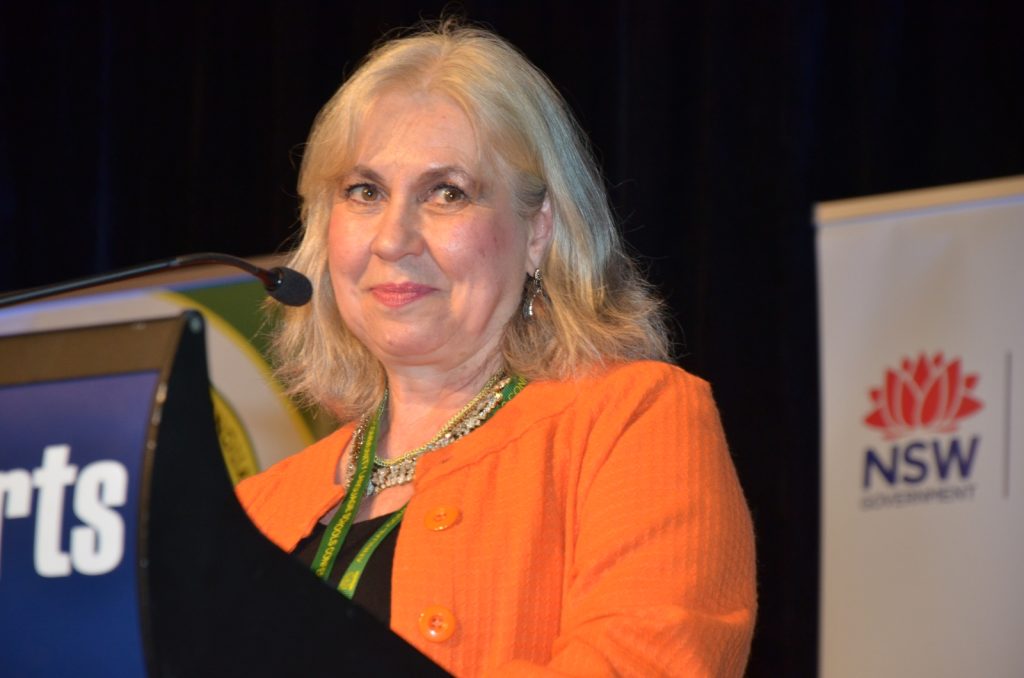
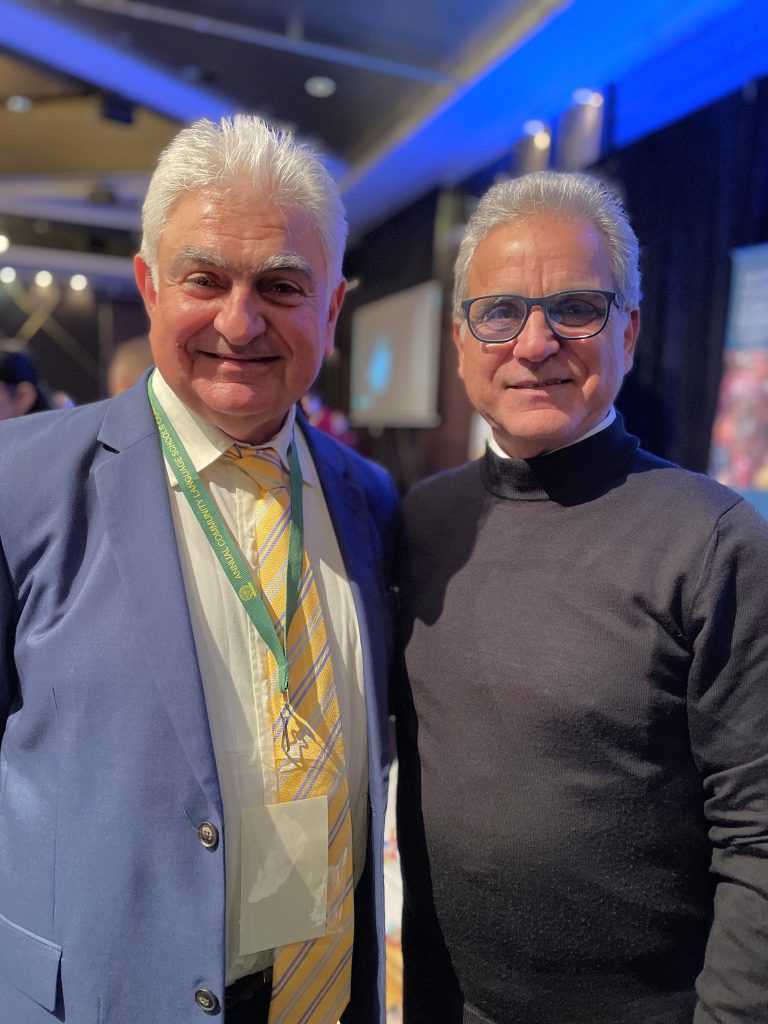
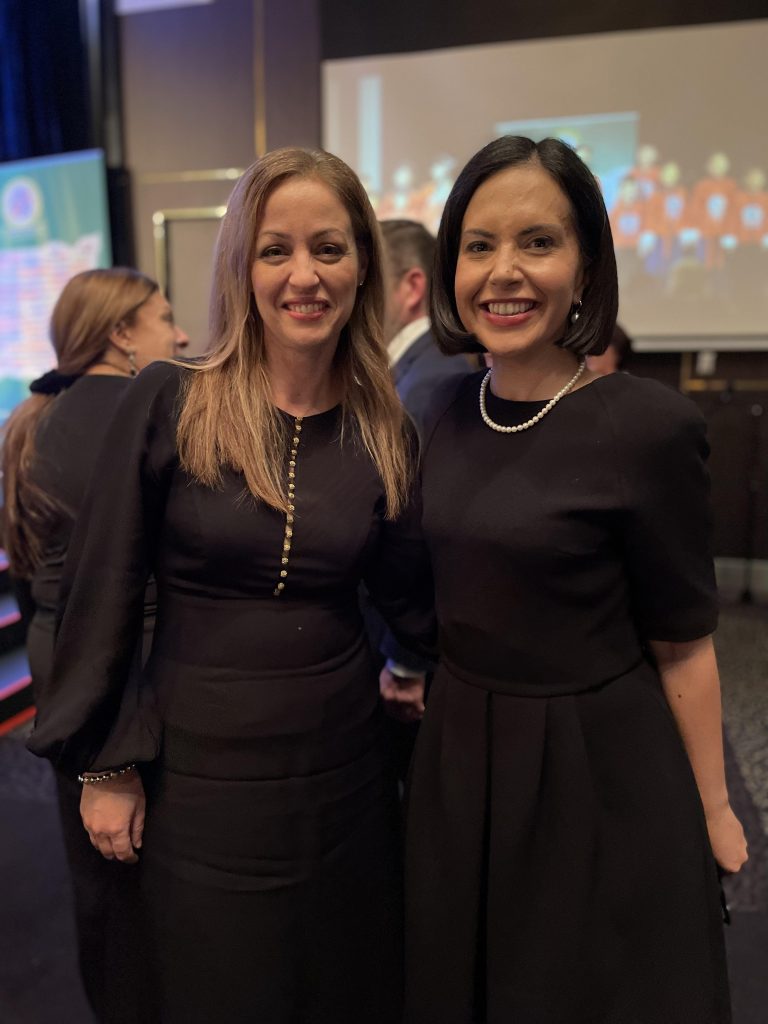
“These are children who benefit from their family background, language and culture. The Federation does whatever possible to help communities maintain their language and culture and to keep them alive in NSW and Australia,” Ms Johns added.
“Our mission is to work together, to unite communities by promoting languages and making those languages accessible to everyone.”

